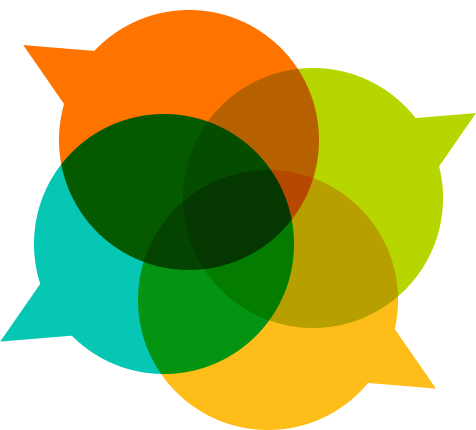Read anything lately that is relevant to peer learning, online learning, or group learning? Found something you think will resonate with fellow facilitators?
Feel fee to share it here, by posting the link below.

Read anything lately that is relevant to peer learning, online learning, or group learning? Found something you think will resonate with fellow facilitators?
Feel fee to share it here, by posting the link below.
I just read Watching MOOCs together: investigating co-located MOOC study groups (N. Li et. al., 2014)
Here is a quick summary:
Studied groups of undergrads and masters students who watched engineering MOOCs in a study group format for a flipped class model.
Three viewing conditions:
Sessions lasted no longer that 3 hours
Student opinion:
Synchronicity:
Amount of Pausing:
“Single display groupware, such as the one used in DC condition, increases awareness of the learning activity and group members, promotes balanced participation, and mitigates the chances of one group member taking control of shared resources (video control).” (pg. 231)
They recommend a shared display and distributed individual controls to enable study groups to find a fine balance between synchronicity, video interactivity, and discussions
Toronto Public Library allows you to check out humans for one-on-one conversation. The idea came from Copenhagen’s Human Library, created a decade or so ago as a means to break down people’s prejudices by fostering intimate conversations between people of different backgrounds.
Insightful article from Ricardo Hausmann about why education (read: schooling) is not the end all and be all for growth. He makes an excellent case for the vital importance of adult learning.
Make no mistake: education presumably does raise productivity. But to say that education is your growth strategy means that you are giving up on everyone who has already gone through the school system – most people over 18, and almost all over 25. It is a strategy that ignores the potential that is in 100% of today’s labor force, 98% of next year’s, and a huge number of people who will be around for the next half-century. An education-only strategy is bound to make all of them regret having been born too soon.
This generation is too old for education to be its growth strategy. It needs a growth strategy that will make it more productive – and thus able to create the resources to invest more in the education of the next generation. Our generation owes it to theirs to have a growth strategy for ourselves. And that strategy will not be about us going back to school.
John Palfrey’s recently published a book entitled BiblioTech: Why Libraries Matter More Than Ever in the Age of Google, highlighting the crucial role libraries still serve and how we might serve to defend them. In a quasi-critique of Palfrey’s synopsis, Amien Essif writes, quite poignantly:
Libraries aren’t lagging behind the digital revolution because of a lack of inspiration and gumption. Instead, it’s because the government refuses to create new institutions to solve new problems as it once did. Thus libraries have become the ad hoc receptacle for all of our country’s gaps in social services—with shrinking funds.
And in the next paragraph…
Libraries are at risk for the same reason as food stamps—not because there’s no demand or taxpayers can’t afford it, but because Republicans and Democrats alike are divesting from the public good, favoring private enterprise and making conditions ripe for a Google-Apple-Amazon-Facebook oligopoly on information.
via Alternet
Pew Research on the importance of in-person lifelong learning for American adults. Article mentions how there is little knowledge of online courses, let along opportunities to work through them together and in-person.